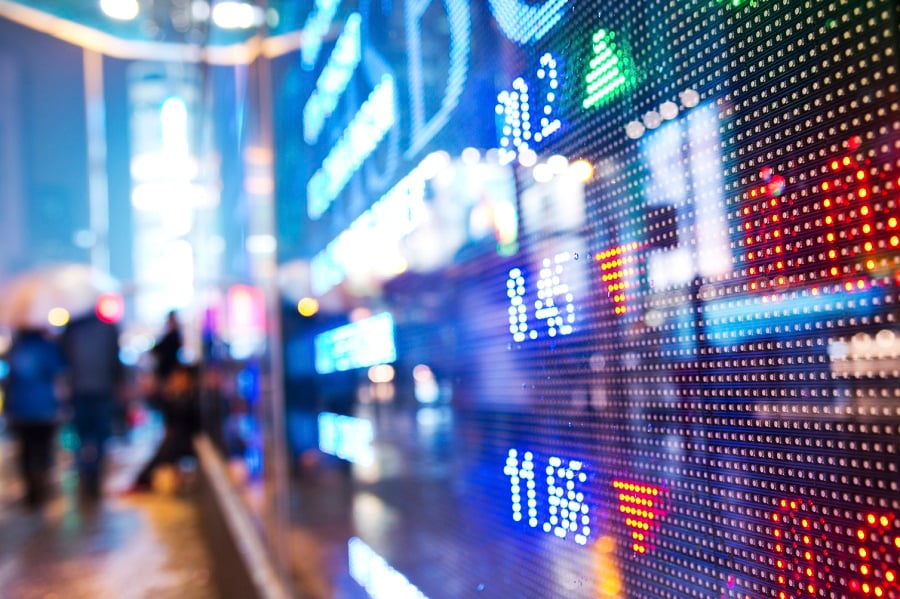The 1,000-point plunge of the Dow Jones Industrial Average when U.S. stock markets opened Monday grabbed investors' attention, even though many said they had been prepared to expect volatility.
“A thousand points was certainly jolting and concerning, but not overly surprising,” said Steve Bellach, an investor in San Diego who was at the gym when he heard the news. “You'd have to be a robot not to be a little bit scared by it.”
But for some investors, the next reaction is to see the drop as a buying opportunity.
(More: What not to say to clients when the markets drop)
Mr. Bellach reached out to his advisory firm AKT Wealth Advisors and purchased about $10,000 in equities for accounts he recently opened for his children.
“This kind of volatility is not a pleasant situation, but I've learned to ride it out,” he said. “I've seen people panic and that's not pretty.”
Moira Sullivan, a recently retired hospital administrator in New York, said she was still working when she experienced the 2007-08 market collapse, and she regrets abandoning stocks and putting all her money into fixed-income investments.
For about four years she was out of the equity markets, and she knows she missed out on significant gains. Ms. Sullivan did get back in a couple years ago.
She has watched the markets over the past few days closely.
(More: Fear and greed swamp stocks as volatility spikes)
“You say to yourself, 'Do I really want to go through this again?'”
Ms. Sullivan now works with financial adviser Kerrie Debbs, and is staying invested.
“I'm just going to ride it out because I think the panic in the market is driving some of this,” she said.
The Dow closed Monday down about 3.5%, while the S&P 500 lost almost 4%. Concerns over China's weakening economy is expected to continue causing market swings. Nervous investors last Friday also
drove both markets down by more than 3%.
It seems as if over the weekend many investors read that slide as a signal to jump ship.
“If you look at history, retail investors notoriously sell when they should be buying,” said Sam Seiden, chief education officer at Online Trading Academy, a school for investors. “Knee-jerk emotional decisions driven by fear are what leads to bad decisions in the market.”
Investors in China, where the global sell-off began, also were startled by the degree of declines.
“There is a super gloomy atmosphere talking about stocks,” said Chen Gaomin, an individual investor in Beijing. “I just want the performance to go back to normal soon, so I can get my money back.”
Bloomberg News contributed to this story.







